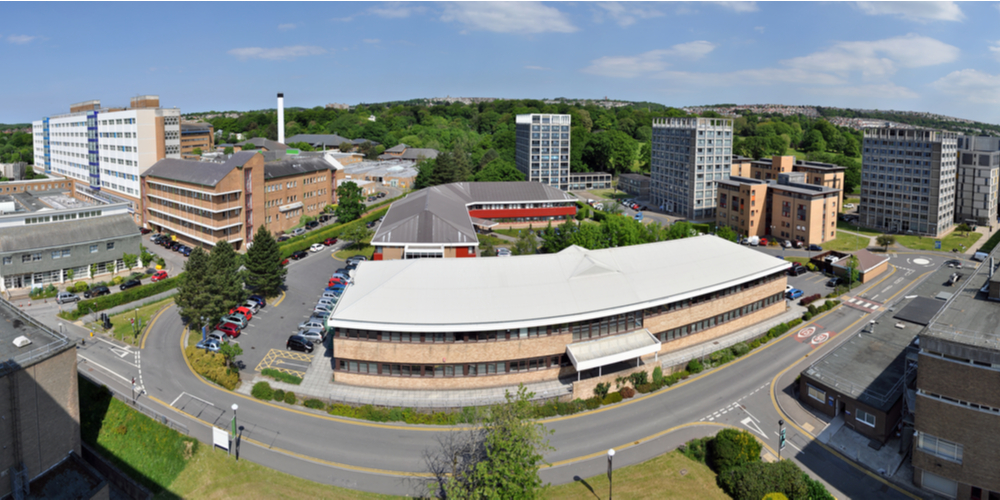
Swansea University’s School of Medicine is at the forefront of medical research and practise. Working with Morriston Hospital near the centre of Swansea, the School emphasises practical, socially aware teaching for a broader understanding of medical care.
In conjunction with the School of Engineering, the School of Medicine has developed the Centre for Nanohealth, which is devoted to nanotechnology research and development in healthcare.
The School is also affiliated with the EPSRC National Mass Spectrometry Service Centre, which provides facilities and services to university research groups, and sponsors St David’s Medical Foundation with the help of the university’s Institute of Life Science.
Graduate Entry Medicine Programme
The School of Medicine’s Graduate Entry Programme is for graduates in non-medical subjects who wish to study medicine. This fast-track 4-year degree programme combines academic learning with practical exposure. Learning Opportunities in the Clinical Setting (LOCS) and Community Based Teaching allow students to practice their skills and understand medicine in a wider social context. An elective period allows students to select their own topics of interest for further study, while a shadowing period with practicing doctors gives students firsthand working experience.
To be eligible, graduates must be ‘home students’ (UK or EU citizens), must have or expect to have at least an upper second degree in any subject, must be proficient in mathematics and English, must be proficient in Biology and Chemistry beyond GSCE level, and must achieve a satisfactory result on the Graduate Medical School Admissions Test (GAMSAT).
Postgraduate Medicine Programmes
The School of Medicine’s standout Postgraduate Taught degree programme is the MSc in Trauma Surgery. Clinical teaching takes place at Morriston Hospital, one of only six medical centres in the UK with all surgical disciplines needed to fully care for trauma patients. The programme emphasises practical examination and strategic planning as well as academic skill for a comprehensive knowledge of trauma surgery.
The School also offers a range of Postgraduate Research MPhil, DPhil and MD degree programmes, which are undertaken in supervised research groups in collaboration with the Institute of Life Sciences.
Student Life
The City
Swansea’s many bars and restaurants make for a lively night out, while the scenic Gower Peninsula is excellent for walks and surfing.
As the birthplace of poet Dylan Thomas and numerous stage and film actors, Swansea has a rich literary and artistic heritage. The Dylan Thomas Centre provides art, theatre and literary events throughout the year.
Student Services
Located close to campus, the New Sports Village offers a sports centre, indoor and outdoor exercise and sport facilities, classes, physiotherapy and sports massage/therapy.
The Egypt Centre museum holds a collection of Egyptian antiquities and is open to the public; admission is free. The Taliesin Arts Centre showcases performances, exhibitions, and arthouse or independent films.
For students with disabilities, the Disability Office makes sure that any special accommodation, study and assistance needs are met in order to allow for full enjoyment of student life. The International Student Advisory Service provides advice on non-academic issues such as immigration and visas for international students.
Counselling is available from the Wellbeing Unit, while the Careers Service provides support and guidance for students preparing to enter the working world. A chaplaincy and mosque offer worship services for Christian and Muslim students, sponsor social events, classes and interfaith discussions, and place students of other faiths in touch with religious communities in the local area.
